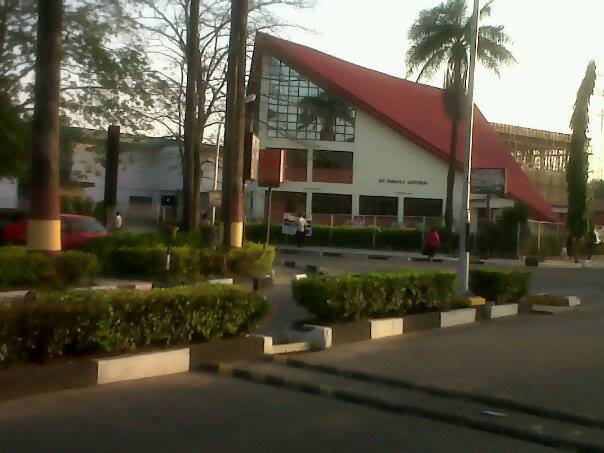The Federal Government of Nigeria says it is deepening its Transnational Education (TNE) agenda to expand access, strengthen quality, and ensure sustainability in Africa’s higher education system.
Minister of Education, Chief (Dr.) Maruf Olatunji Alausa, stated this in London while leading Nigeria’s delegation to the 2025 Global Education Partnership and Going Global Conference on Transnational Education.
The conference gathered education ministers and stakeholders from Ghana, Mauritius, Indonesia, and Egypt.
Dr. Alausa explained that the TNE model will help Nigerian students obtain globally competitive education without leaving the country.
He said this shift would reduce the financial pressure of overseas studies while improving the standards of local institutions.
He described the approach as a move away from “uncoordinated overseas study programmes” toward a structured domestic framework built on long-term partnerships.
Building a New Academic Future
According to him, the plan aligns with President Bola Ahmed Tinubu’s Renewed Hope Agenda, which places education at the heart of national development.
During the conference, Dr. Alausa met with Sir Steve Smith, the UK’s International Education Champion, and Donna McGowan, Country Director of the British Council Nigeria.
Both reaffirmed their countries’ commitment to promoting sustainable and equitable partnerships in higher education.
Sir Steve Smith hailed the newly launched UNILAG–University of Birmingham Transnational Education Campus as “a model of institutional strengthening rather than a profit-oriented venture.”
McGowan described it as “a true partnership of equals,” stressing the British Council’s support for aligning UK universities with Nigeria’s evolving TNE policy framework.
A Model of Local Empowerment
The new campus builds on earlier collaborations such as the UNILAG–University of Dundee LLM programme, expanding opportunities for joint research, academic exchange, and digital innovation.
Dr. Alausa noted that over 120 students have already received training in Artificial Intelligence and Machine Learning under TNE-supported programmes.
He also announced plans to establish regional admission offices to boost intra-African student mobility in emerging fields such as robotics, coding, and AI.
The Executive Secretary of the National Universities Commission (NUC), Professor Abubakar Rasheed Abdullahi, described the move as a milestone.
He called for stronger regulatory coordination, accreditation systems, and infrastructure investment to maintain quality and public confidence in the initiative.
Similarly, the Vice-Chancellor of the University of Lagos, Professor Folasade Ogunsola, reaffirmed the institution’s resolve to drive innovation through co-developed TNE models that blend faculty development, digital learning, and industry collaboration.
She said UNILAG will continue to strengthen research and partnerships beyond initial funding stages to ensure sustainability.
Rate, Like 👍, Comment 💬, Share this article, Follow us on our social media handles, and Submit your own story to get featured and earn rewards!







